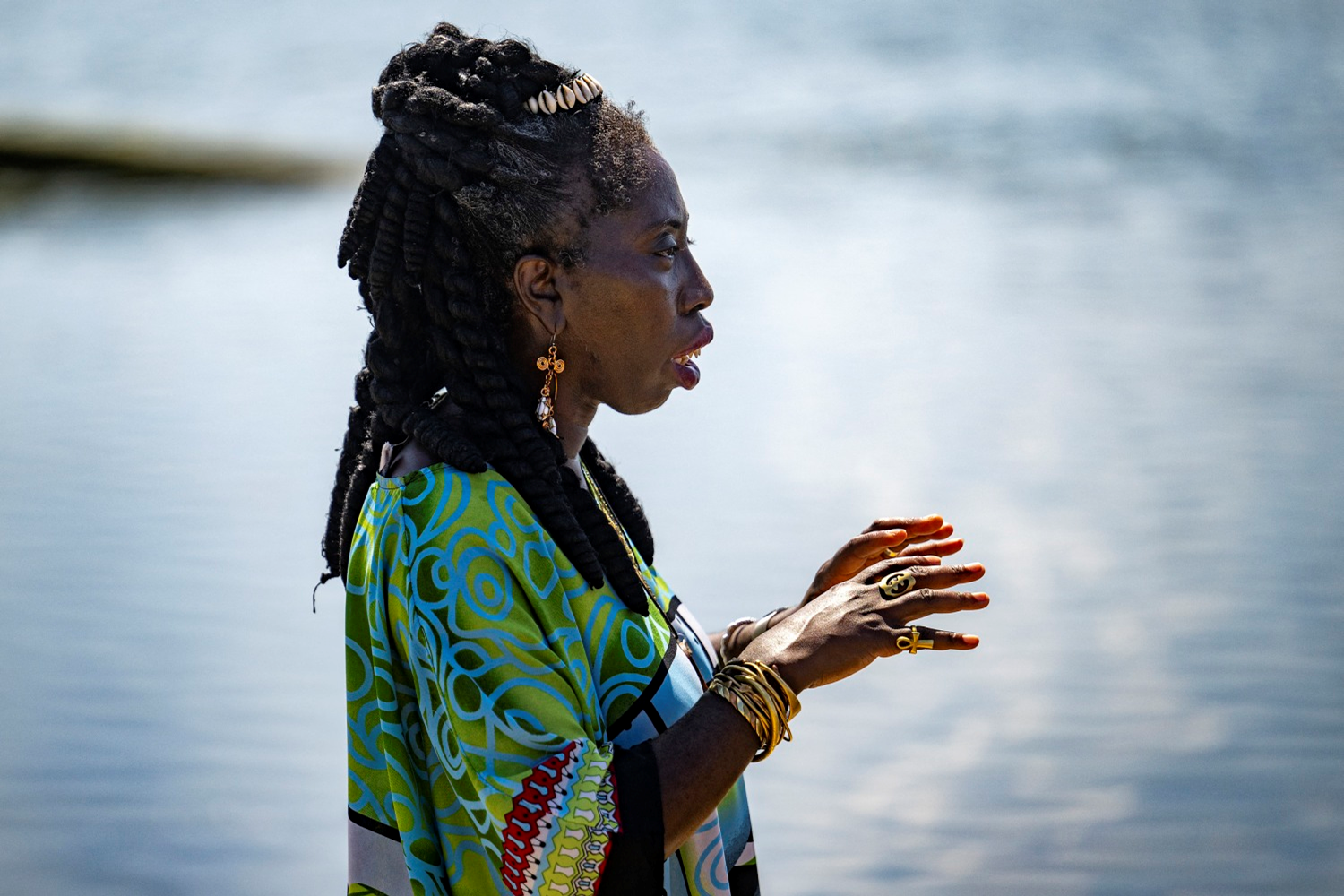In the lush coastal communities of the Southeastern United States resides a people whose vibrant culture has endured centuries of hardship and resilience. The Gullah Geechee, descendants of enslaved Africans, have carved out a distinct way of life along the Southeastern coast, embodying a rich tapestry of language, cuisine, spiritual practices, and craft traditions.
Climate Change Threatens Heritage
Yet, the very essence of their existence faces an existential threat: climate change. Rising sea levels, intensified storm surges, and recurrent flooding loom as formidable challenges, jeopardizing not only their ancestral homeland but also their cherished heritage.
Advocacy in Action
Enter Queen Quet, the esteemed chieftess of the Gullah Geechee nation, who stands as a beacon of advocacy in the face of adversity. With a fervent determination, she has embarked on a mission to educate policymakers and the public alike about the urgent need to address climate change’s impact on Gullah Geechee communities.

Government Response and Investments
Fortunately, the winds of change are blowing in a favorable direction. The Biden administration has heeded the call, making significant investments to fortify coastal communities against climate change. Through conservation efforts and funding allocations, the administration is paving the way for tangible solutions to safeguard Gullah Geechee heritage.
Community Resilience and Cultural Preservation
In the heart of this battle lies the resilience of the Gullah Geechee people themselves. From establishing living shorelines to spearheading habitat restoration projects, they are steadfastly committed to protecting their way of life for generations to come. Individuals like Tia Clark, whose passion for preserving Gullah Geechee cuisine is matched only by her dedication to environmental conservation, exemplify the community’s unwavering spirit.

A Call to Action
As we stand at the precipice of a climatic reckoning, the preservation of Gullah Geechee culture serves as a clarion call for collective action. We cannot afford to idly watch as the tides of change erode the fabric of minority communities. It is incumbent upon us to rally behind their cause, amplifying their voices and championing their rights with unwavering resolve.
Conclusion
In the timeless struggle for justice and equality, the fate of the Gullah Geechee people serves as a poignant reminder of the interconnectedness of environmental stewardship and cultural preservation. Let us join hands in solidarity, forging a path towards a more equitable and sustainable future, where every community, regardless of background, can thrive and flourish.















